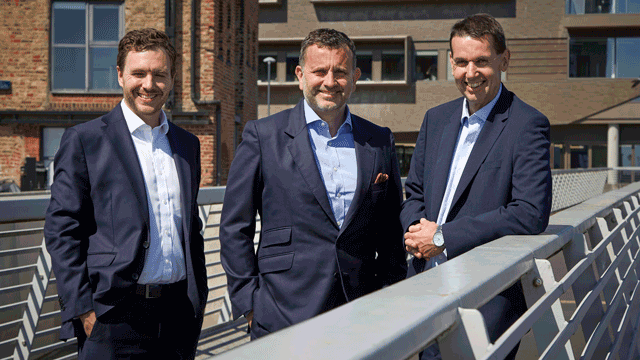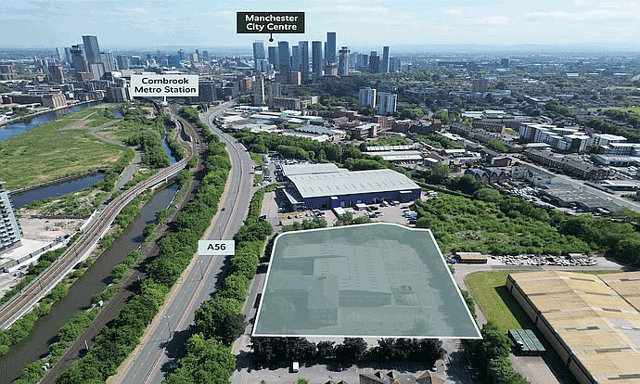 Last year was another significant year for UK cities. A number of places secured devolution deals, giving them greater control over their own affairs, while the government’s Spending Review in November marked a radical shift in local government funding, with increased emphasis on cities generating more of their own funding.
Last year was another significant year for UK cities. A number of places secured devolution deals, giving them greater control over their own affairs, while the government’s Spending Review in November marked a radical shift in local government funding, with increased emphasis on cities generating more of their own funding.
What will 2016 bring? Here are my predictions for the five issues which will most affect UK cities in the next 12 months.
1. Global issues
Global upheaval will be difficult for city economies and finances. With the IMF predicting disappointing global growth and continuing uncertainty about EU membership, UK cities face a challenging year. Places heavily dependent on manufacturing will be affected if the slowdown in China continues.
This is all happening at a time when councils need to reduce outgoings and reform services.
City leaders should push for further fiscal devolution to be on the agenda, and also need to consider how they can address skills gaps to ensure their local economies can withstand the challenges ahead.
2. The housing crisis
Housing will be one of the hottest political issues, creating an opportunity for cities. With two major housing announcements already this month, there will be growing pressure for the government and local leaders to show results.
In 2016, the government should prioritise incentives for cities to build more homes, for example strengthening devolution deals and allowing cities to retain local stamp duty revenue, especially where demand is greatest.
Local authorities will also need to respond, being bold about releasing new sites – potentially in suitable areas of the green belt near transport hubs – and working with government, residents and developers to secure accompanying investment in schools and roads, using new financial models where necessary.
3. Devolution powerhouses
Devolution policy will focus on implementation, but leading city regions will also push hard for policy change.
So much has happened on devolution that there will be a great deal of pressure – quite rightly – on cities to get on with implementing their devolution deals and demonstrate success.
However, Greater Manchester has shown over the last 18 months that the places which can make a strong case for greater powers can succeed.
There is more that cities can and should play for – including greater fiscal devolution and more powers over employment, skills and housing.
4. Election volatility
Devolved and local politics will make national headlines, and not just at election time. May 2016 will bring important elections in London, Holyrood, and councils across the country.
But as cuts take effect and devolution deals are implemented, expect more media scrutiny of local issues – from the northern powerhouse and social care devolution to the impact of reduced public spending across the UK.
5. Care and infrastructure
This time next year local government will look very different. Manchester, the West Midlands, the North East, Merseyside, Sheffield and the Tees Valley will all be preparing for metro mayoral elections.
With social care costs rising and pressure on budgets growing, expect big debates about the role of local government and the services it should provide.
Cities should take this opportunity to have real discussions about their future, and how they can ensure not only that they provide the right public services but they also have the homes, jobs and transport they need to thrive.
Alexandra Jones is the chief executive of Centre for Cities











